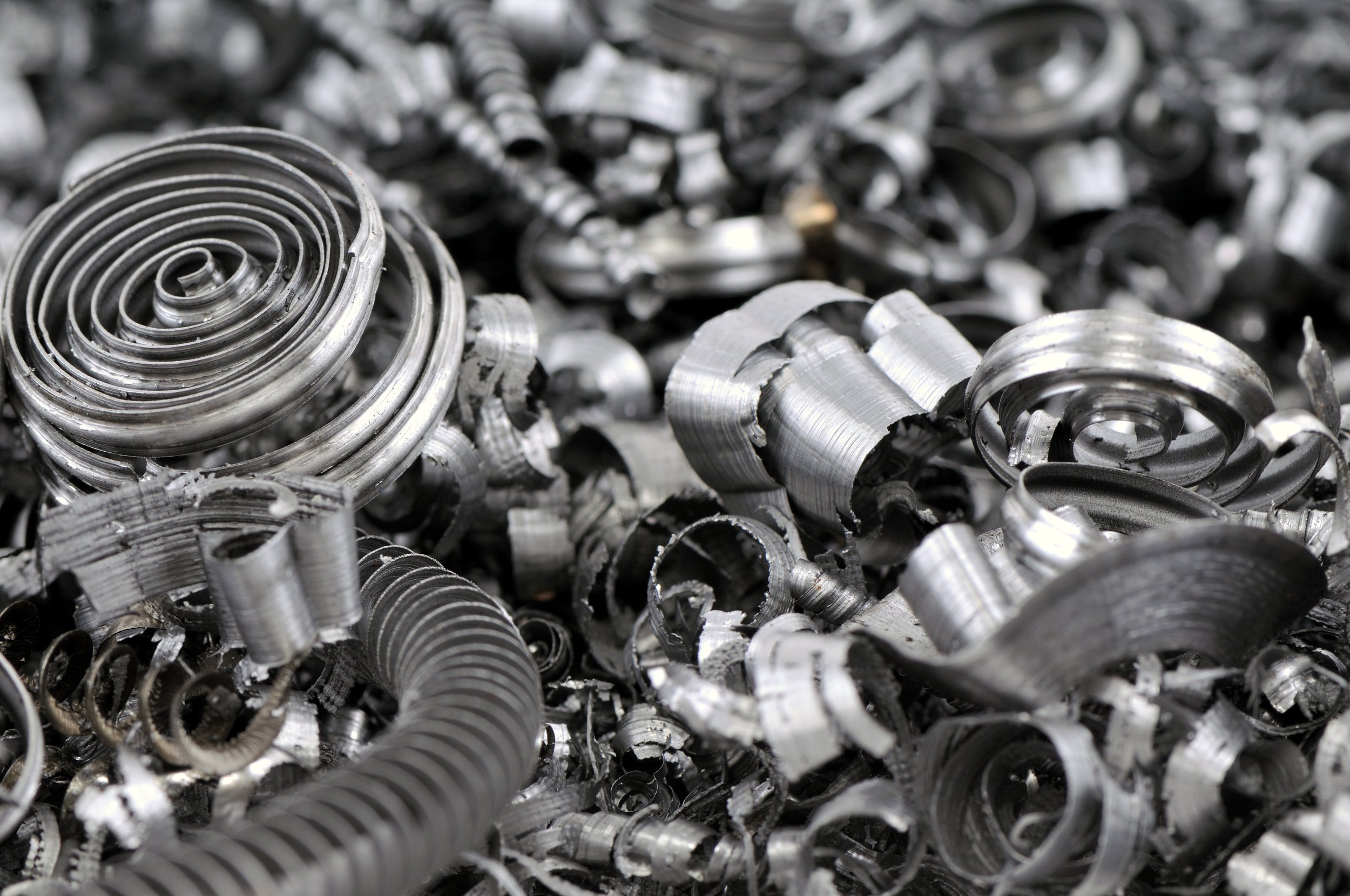
Frequently Asked Questions
Here’s How IT Works
1
Stop by the office
We assign an ID number to the license plate associated with every load that comes to the yard.
A staff member will then identify what types of metals/items you have and direct you to the proper unloading areas.
2
Get weighed
Each material is weighed separately by metal type, helping you maximize your pay out.
You can unload your items on your own or ask a staff member for help.
3
Get Paid
The weight of each item category will be multiplied by our current pricing schedule, which is always based on fair market value.
Cash is paid for totals less than $1,000. A check is issued for amounts over $1,000.
FAQs
-
We do not accept:
• Full vehicles
• Catalytic converters
• Any containers with fluids (must be opened, drained, and cleaned)
• Electronics (computers, printers, cell phones or TVs, anything containing printed circuit boards/PCBs, etc.)
• Lithium ion or nickel cadmium batteries
• Furniture
• Garbage
• Kegs
• Railroad property (plates, spikes, tracks)
• Safes
• Tires of any type
• Wood
-
We will drop off a container and pick it up once filled, but we do not offer site clean-up.
-
Because each metal has its own price per pound, separate materials as best you can.
Combined metals reduces the quality, resulting in lower payout
Ex. Separate brass fittings from the copper pipe.
-
A net ton is 2,000 lbs whereas a gross ton is 2,240 lbs. We measure by gross ton.
-
Scrap pricing is very unstable. We update our pricing almost everyday!
Factors that determine scrap pricing include:
Supply and Demand
Currency Exchange Rates
It’s common for scrap buyers to switch suppliers based on how weak their nation’s currency is, giving the buyer more buying power.
Market Requirements
Scrap is often purchased by nations overseas, and these countries can change the way they buy or classify materials, and how they’re processed.
Local Reasons
Scrap prices can also vary locally due to oil or fuel prices.
Since scrap metal is transported to different yards and ports, with the delivery cost included, the prices may fluctuate accordingly.
Another factor is competition. In busier areas, more scrap yards are competing with each other.
Geographical location is another component of pricing. Some areas of the country do not export scrap but process it at local refineries, who may use a different processing method that affects the price.
Tariffs
When other countries place tariffs on U.S. scrap, demand drops and so do the prices.
*Pricing subject to change without prior notice.
Call (603)991-1854 to confirm pricing.

